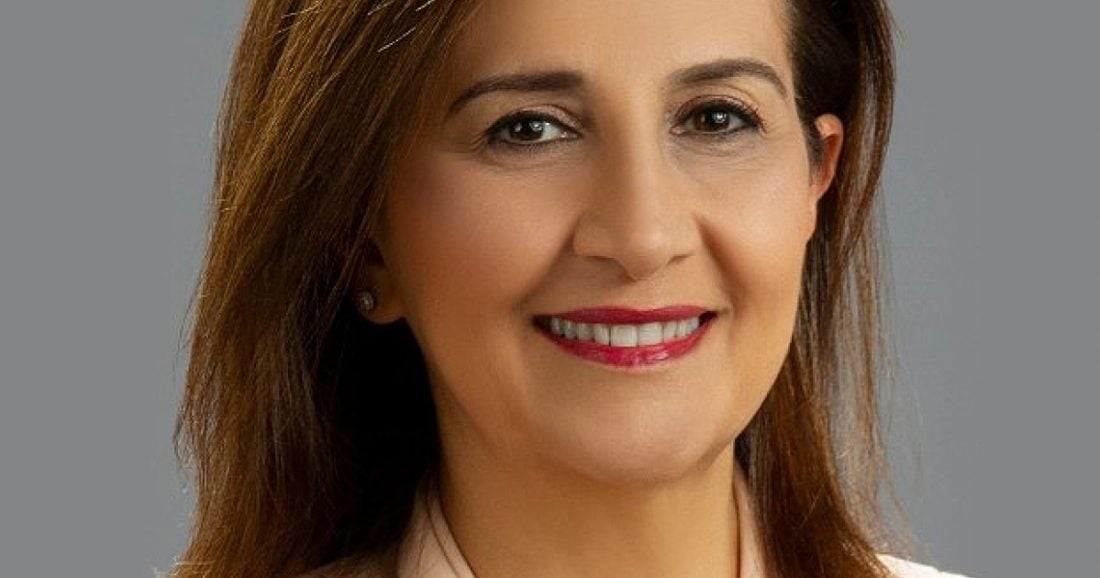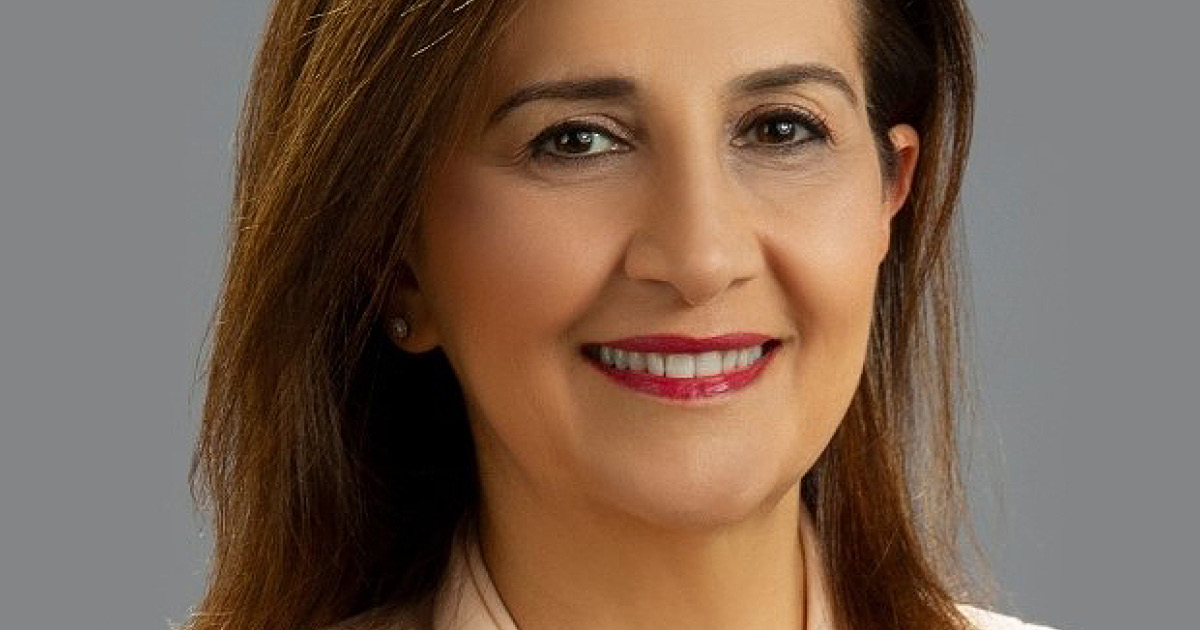Building high-reliability healthcare systems involves key principles and practices to decrease errors and improve safety.
“Those are applied in the architectural design, construction and operating systems of hospitals,” Rola Hammoud, a senior healthcare leader at Fakeeh Care Group in Madinah, Saudi Arabia, tells The CEO Magazine.
It starts with a leadership commitment to prioritize safety and quality, which is a core value embedded in Fakeeh Care Group (FCG) principles. Fostering a culture of safety and a robust reporting system where employees feel comfortable openly reporting errors is important to facilitate systems improvement.
“Healthcare practices are not genuinely safe,” says Hammoud, an International Society for Quality in Health Care expert, and a collaborator with the World Health Organization on patient safety initiatives.
“We as leaders have to work diligently to design systems that anticipate failures and adapt to unexpected changes to create psychological safety where anyone can voice their concern.”
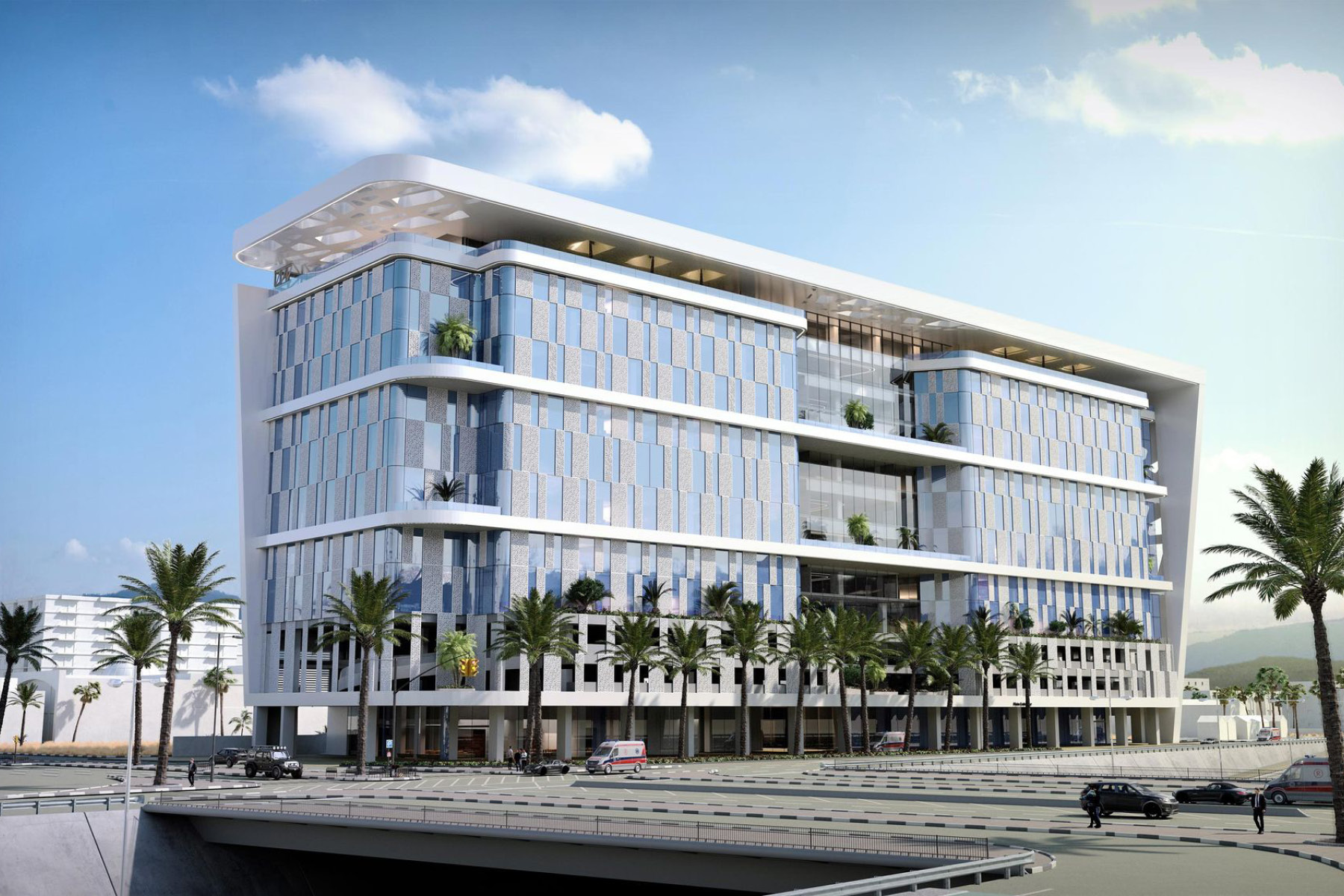
“My mission is to commission new, smart FCG hospitals starting with the one in the holy city Al Madinah Al Munawarah.”
Other factors like process standardization, multidisciplinary collaboration and patient engagement have been proven to enhance safe care.
“Deference to expertise and recognition are strategies I use to establish trust with employees and motivate them in delivering the highest standards of safe care,” she says.
The most important element is establishing a learning organization where every variation is a learning and improvement an opportunity.
A new era in healthcare
Since joining Fakeeh Care, in late 2023 – an appointment that made her one of the first female CEOs in the Kingdom – Hammoud has been busy drawing upon her leadership commitments to prepare for its new Madinah site to become the most advanced healthcare facility in the city, offering complex procedures, automated processes and a healing environment to residents and pilgrims alike.
“My mission is to commission new, smart FCG hospitals starting with the one in the holy city Al Madinah Al Munawarah in alignment with the Fakeeh mission and vision while focusing on innovation, education standards, quality care and patient experience,” she says.
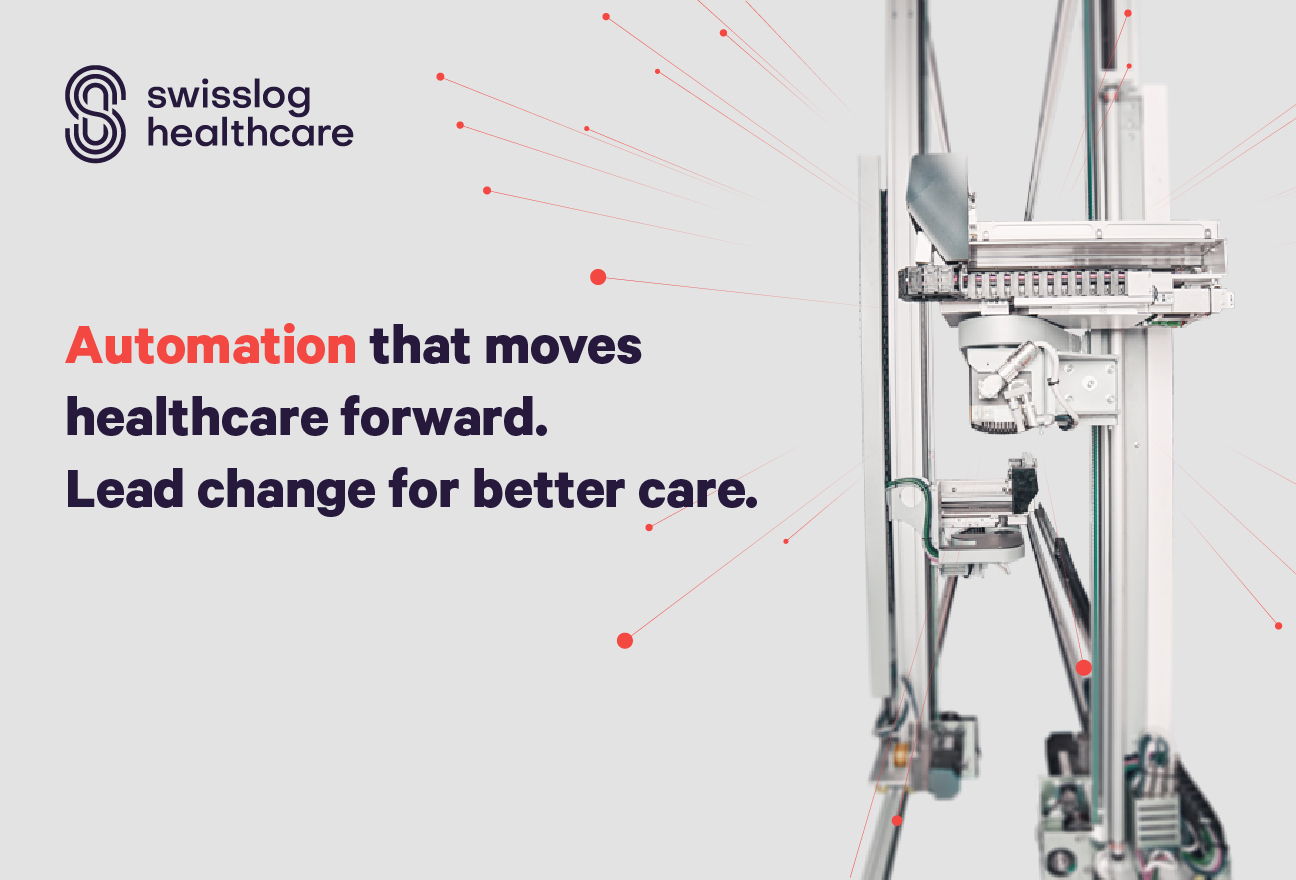
Advertisement
Hammoud has been overseeing different phases of the hospital commissioning, from design to construction and the procurement of the most up-to-date medical equipment and integrated technology to enhancing patient care, streamlining operations and improving the overall healthcare delivery.
She has also been diligently working on recruiting highly qualified clinical teams to meet Fakeeh standards and the community’s expectations.
“The people of Madinah are eager for the hospital to open its doors,” she says. “Until now, residents and pilgrims in the city seeking complex treatment at a private hospital would often travel for hours to seek care. Today, we are coming to them to provide them with the best care they deserve.”
Even the architecture of the new facility was designed with Fakeeh Care’s patient-centered approach in mind.
“The amount of light coming inside the hospital has been studied carefully to allow patients to keep their circadian rhythm, and the furniture in the lobbies was designed to promote a healing environment,” Hammoud says.
Moreover, the facility will derive some of its energy from solar panels, with the aim of reducing its carbon footprint.
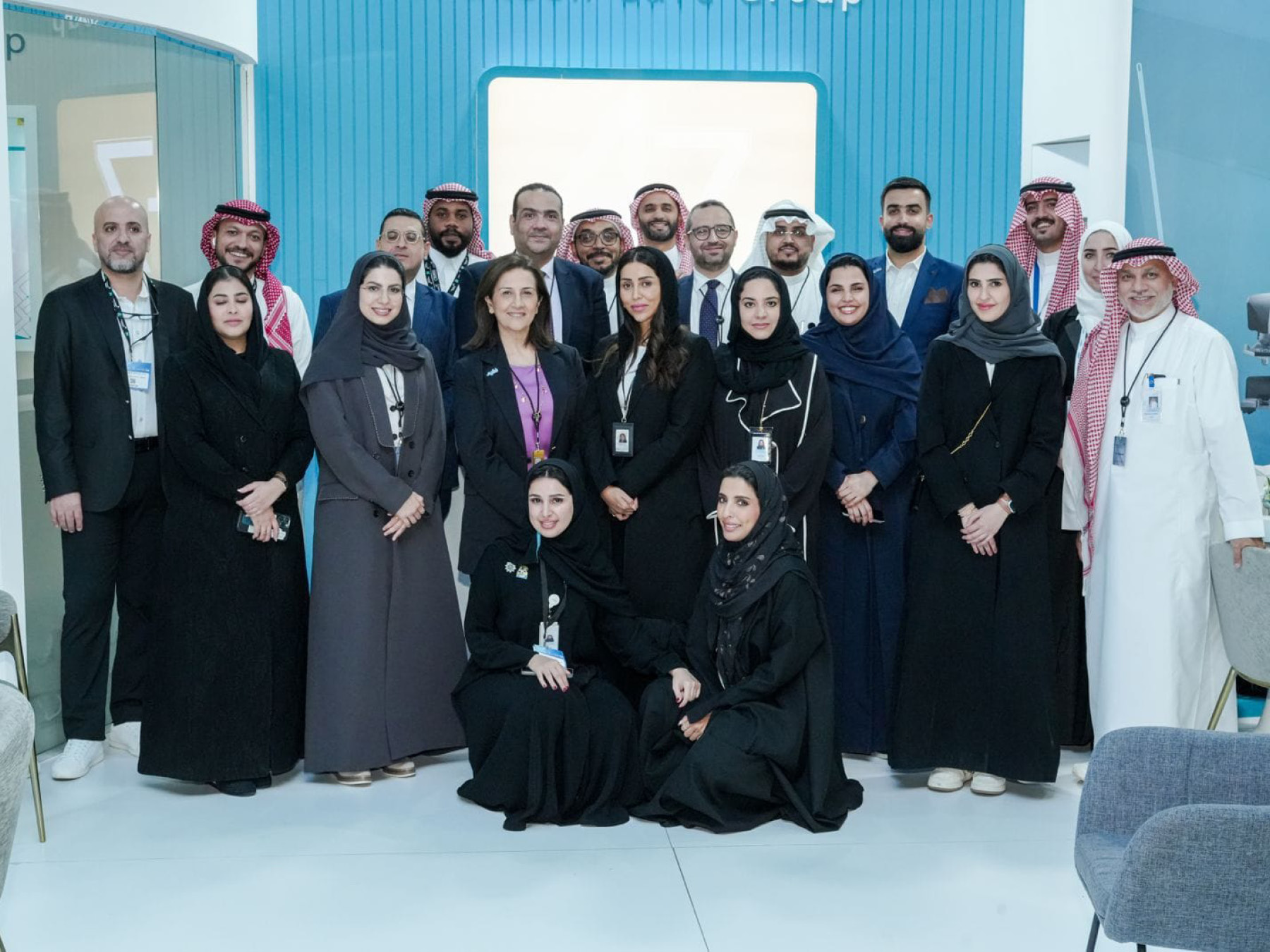
As President of the American College of Healthcare Executives – MENA, a role she has held since 2022, Hammoud advocates for the progress of healthcare leaders in the region
“I believe the people of Madinah deserve to have outstanding, integrated care.”
Once it opens its doors, DSFH Madinah will represent a new era in healthcare in the region. Embracing new technologies will be a key part of that mission.
Like the other existing Fakeeh Care facilities in Saudi Arabia and the United Arab Emirates, it will offer electronic medical records, telemedicine services, patient portals, mobile apps, smart integrated beds and telemonitoring of patients. The Madinah hospital will also include an automated pharmacy supported by technology that prevents errors in medication dispensing.
“We are aiming to have the smartest hospital in this city,” she adds. “I believe the people of Madinah deserve to have outstanding, integrated care.”
Purposeful leadership
Building a large, safe hospital from the ground up requires a rare combination of skills and professional experiences that few doctors possess. Fortunately for Fakeeh Care Group, Hammoud has just that.
With 30 years’ experience in anesthesiology and 22 years in healthcare management, plus experience in teaching and education, Hammoud was well equipped to move into a larger role with Fakeeh Care Group and successfully commission its newly announced facilities across the Kingdom in alignment with Saudi Vision 2030.
For Hammoud, a combination of clinical and administrative acumen are the main drivers of her success. Her situational and resilient leadership models focus on adapting her management style to the maturity level of the employees and organizations.
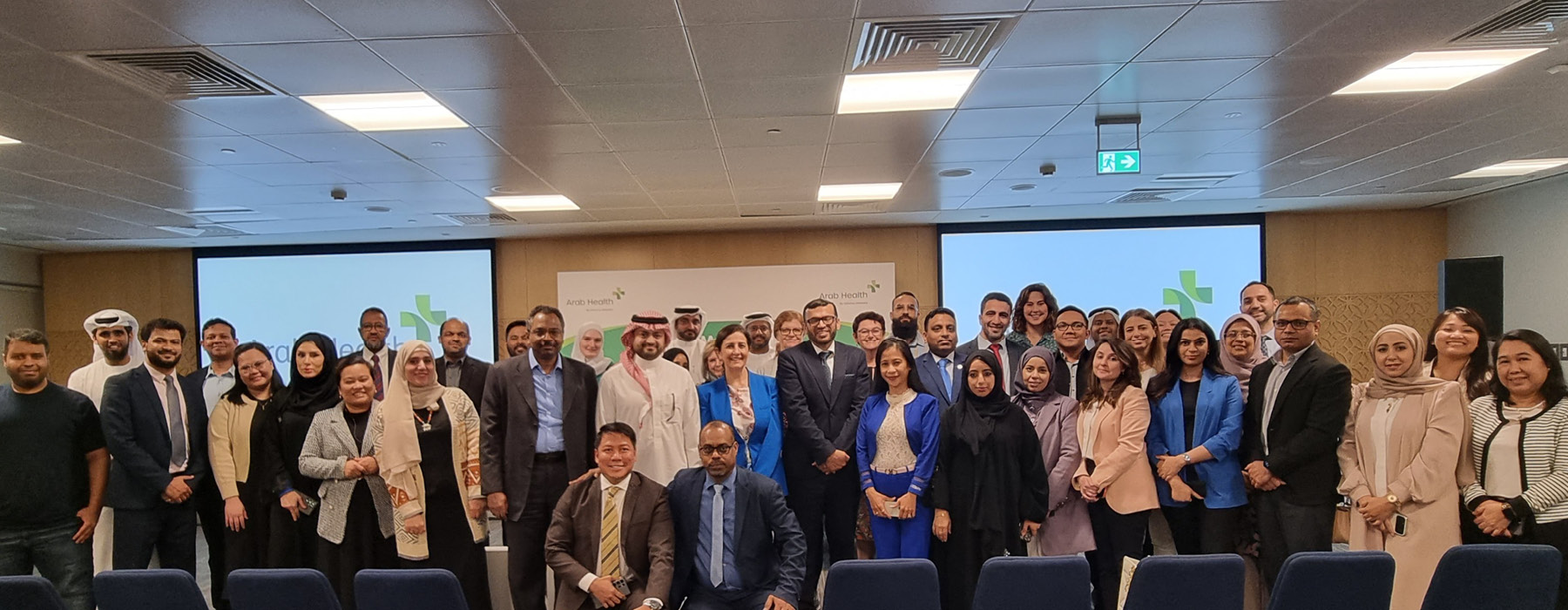
“I grab every opportunity to coach people, to mentor my staff, to advance them and empower them to deliver the best.”
Building systems go hand-in-hand with building capacity.
“I grab every opportunity to coach people, to mentor my staff, to advance them and empower them to deliver the best,” she says. “As leaders, we need to continuously remind ourselves about our purpose, which is providing safe, compassionate and high-quality care.”
Leadership development is another purpose for her.
“I want to touch patients’ hearts, build a new generation of leaders and be the bridge to the future,” she explains. “This is my legacy.”

